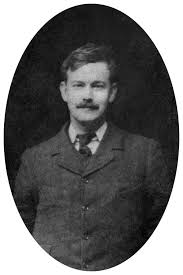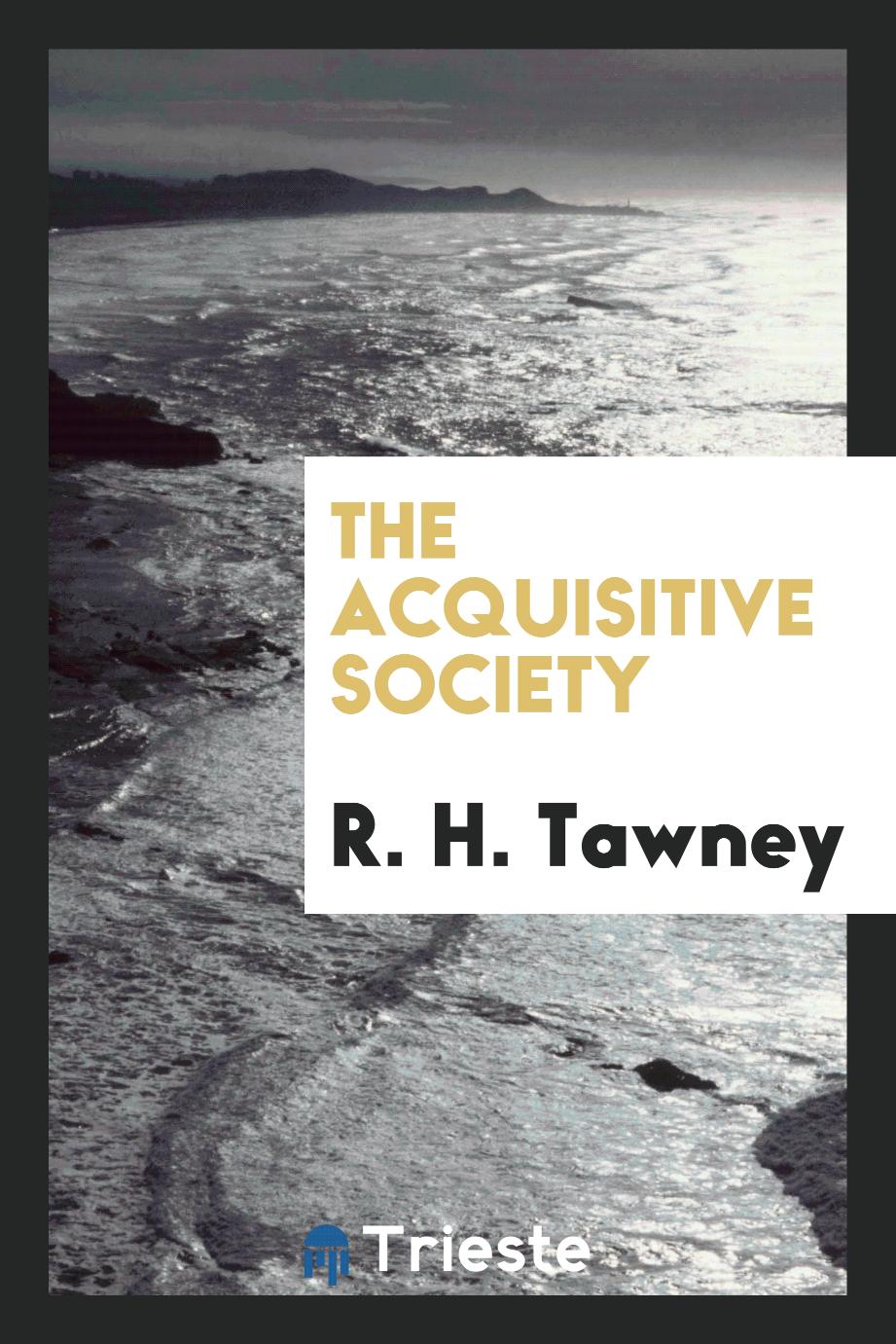
R. H. Tawney
Richard Henry "Harry" Tawney, generally known as R. H. Tawney ( 30 November 1880 - 16 January 1962), was an English economic historian, social critic, ethical socialist, Christian socialist, and important proponent of adult education. The Oxford Companion to British History (1997) explained that Tawney made a "significant impact" in all four of these "interrelated roles". A. L. Rowse goes further by insisting that "Tawney exercised the widest influence of any historian of his time, politically, socially and, above all, educationally". Born in Calcutta, British India (present-day Kolkata, India), Tawney was the son of the Sanskrit scholar Charles Henry Tawney. He was educated at Rugby School, arriving on the same day as William Temple, a future Archbishop of Canterbury; they remained friends for life. He studied modern history at Balliol College, Oxford. The College's "strong ethic of social service" combined with Tawney's own "deep and enduring Anglicanism" helped shape his sense of social responsibility. After graduating from Oxford in 1903, he and his friend William Beveridge lived at Toynbee Hall, then the home of the recently formed Workers Educational Association. The experience was to have a profound effect upon him. He realised that charity was insufficient and major structural change was required to bring about social justice for the poor. Whilst Tawney remained a regular churchgoer, his Christian faith remained a personal affair, and he rarely spoke publicly about the basis of his beliefs. In keeping with his social radicalism, Tawney came to regard the Church of England as a "class institution, making respectful salaams to property and gentility, and with too little faith in its own creed to call a spade a spade in the vulgar manner of the New Testament". Historian Geoffrey Foote has highlighted Tawney's "political shifts": "From an endorsement of a radical Guild socialism in 1921 through his authorship of the gradualist Labour & the Nation in 1928, his savage attacks on gradualism in the 1930s to his endorsement of revisionism in the 1950s". Nevertheless, the same author also argues that "Tawney's importance lies in his ability to propose a malleable yet coherent socialist philosophy which transcends any particular political situation. In this sense, his mature political thought never really changed".



